The latest EU legislation means certain retinol products will be banned, including in the UK, with NZ bound to follow. Here’s what you need to know, says editor Trudi Brewer.
Image Instagram
If you’re interested in the skin-brightening benefits of vitamin A or retinol, this news will pique your interest. Often referred to as the ‘gold standard’ ingredient in the war on wrinkles, retinol is scientifically proven to reduce fine lines, pigmentation, and uneven skin texture. However, it can also be a highly irritating ingredient. Hence, this new EU legislation means that restrictions are coming. Before we unpack the new rules, here’s a quick retinol or vitamin A recap.
What is retinol?
A derivative of vitamin A, retinol (part of the wider retinoid family, including retinoids, retinoic acid, retinaldehyde and retinyl palmitate, to name a few), tackles many common skin concerns with long-lasting benefits that stretch far beyond daily use. A potent ingredient, retinoids can increase the frequency of cell turnover in the skin, which slows down as we age.
So, how does it work?
Dr Jonathan Dunne, a consultant plastic and reconstructive surgeon and co-founder of the Montrose Clinic in London, says, “Retinol binds to retinoid receptors in the skin, influencing various cellular processes. It helps in cell turnover, making way for new skin, and inhibits the breakdown of collagen, thereby improving the elasticity and appearance of the skin.”
Despite these skin-boosting benefits, it is a potent ingredient that can irritate, causing redness, dryness, and peeling, especially for first-time users. It’s a common enough occurrence that it has coined its term on social media: ‘retinol purging’. Dunne says while rare, a retinol reaction can be severe. “The worst side effects include acne breakouts, eczema flare-ups, skin discolouration, swelling, and stinging.”
The new EU Retinol rules
So, back to the ban and the EU’s decision to restrict the concentration of retinol in over-the-counter products. The latest restrictions will be rolled out over 36 months, starting at the end of 2024. The new regulations include a retinol (or vitamin A equivalent) percentage of 0.05 in body lotions and 0.3 in face and hand products. While the legislation is focused on the EU, the UK is expected to follow suit, with a high chance that NZ and Australia will follow. “This regulation is in place to safeguard consumers from adverse effects such as redness, peeling, and increased sensitivity to sunlight, which are more likely to occur with higher concentrations of retinol without proper guidance and supervision,” explained Dr Dunne. It’s also worth noting that your favourite retinol product won’t be taken off the shelves immediately, so don’t worry if the current retinol products you are using exceed the cap. Brands have been given three years to reformulate their existing retinol products to continue trading in Europe. Finally, Dr Dunne says don’t forget, “Too much vitamin A can increase the risk of fractures in later life, and high doses during pregnancy can uncommonly lead to birth defects. The EU aims to ensure consumers have access to safe concentrations of retinol that deliver benefits without undue risk, particularly in the absence of professional oversight.”
Will weaker formulas still work?
Dr Dunne says the new restricted concentrations “Can still provide substantial benefits with a reduced risk of adverse effects.” He adds. “The ban won’t affect the percentages allowed in prescription tretinoin, allowing those requiring a heftier vitamin A dose (often prescribed to reduce acne) under a doctor-led solution.” There is also merit in switching to a natural retinoid-like molecule such as bakuchiol. A plant extract derived from the Psoralea Corylifolia, or babchi plant, is used in traditional Indian and Chinese medicine. It offers the same skin renewal benefits as vitamin A or retinol but without those sensitising side effects. It can be used safely at higher percentages as it has a different chemical structure.



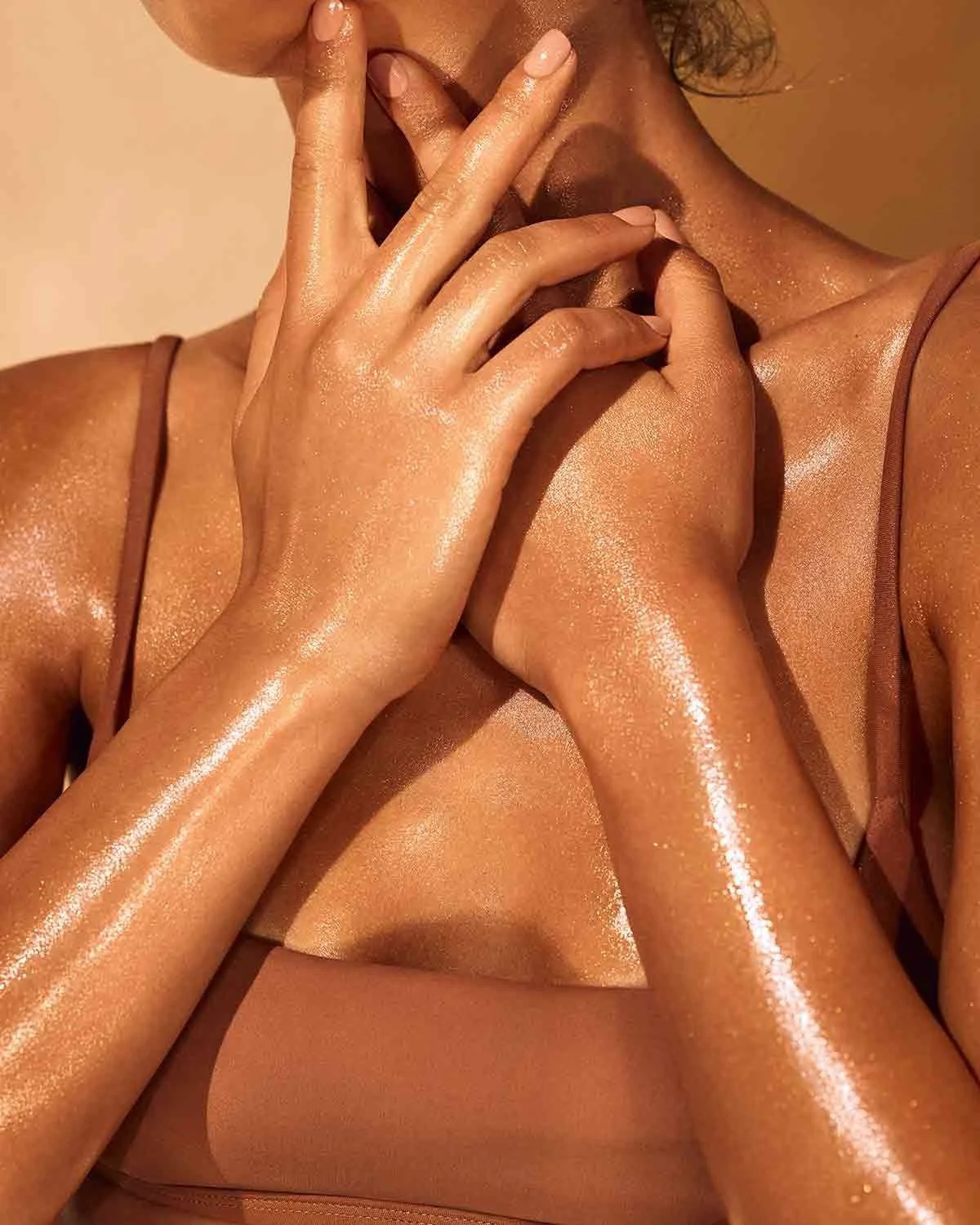

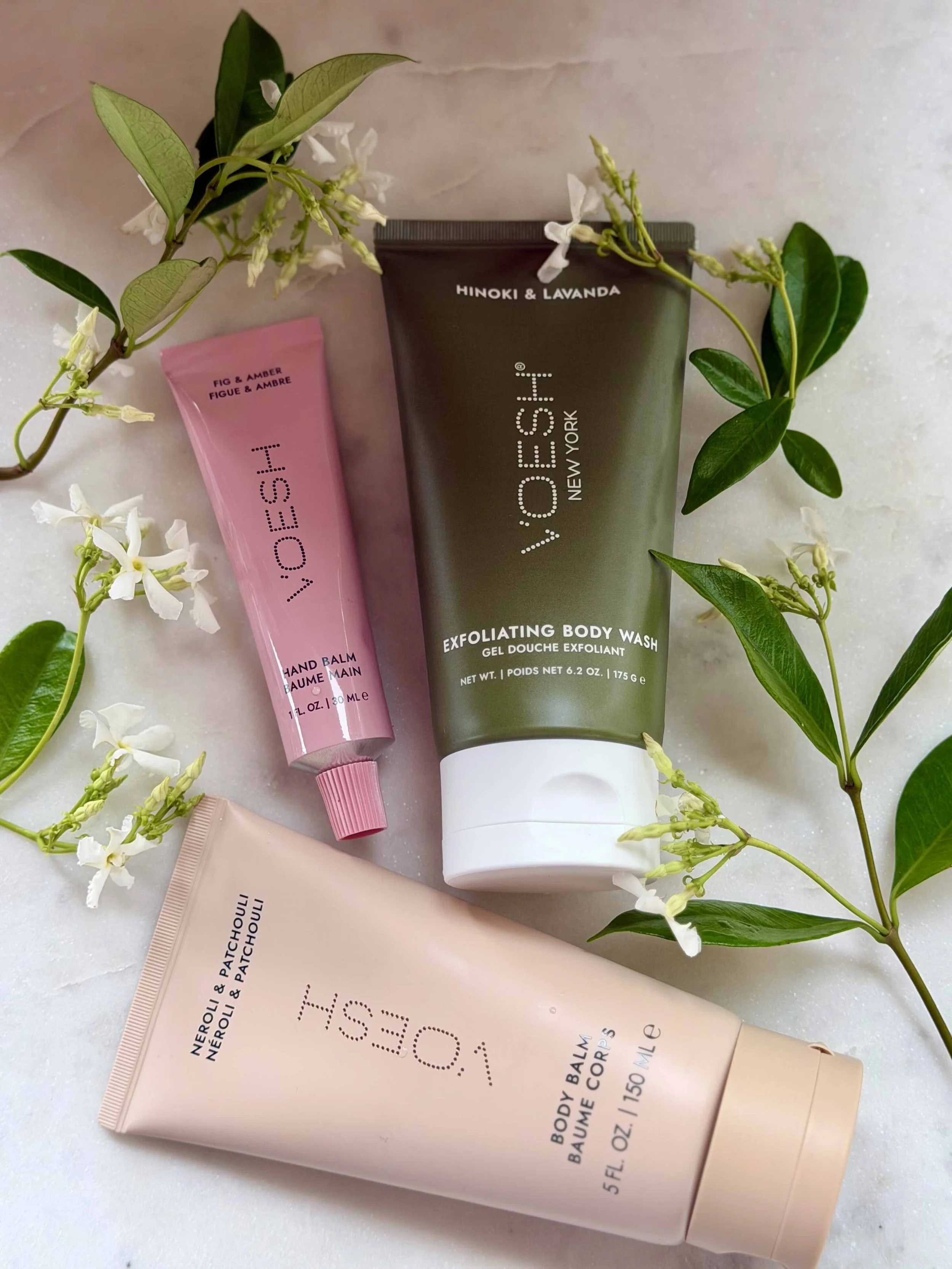
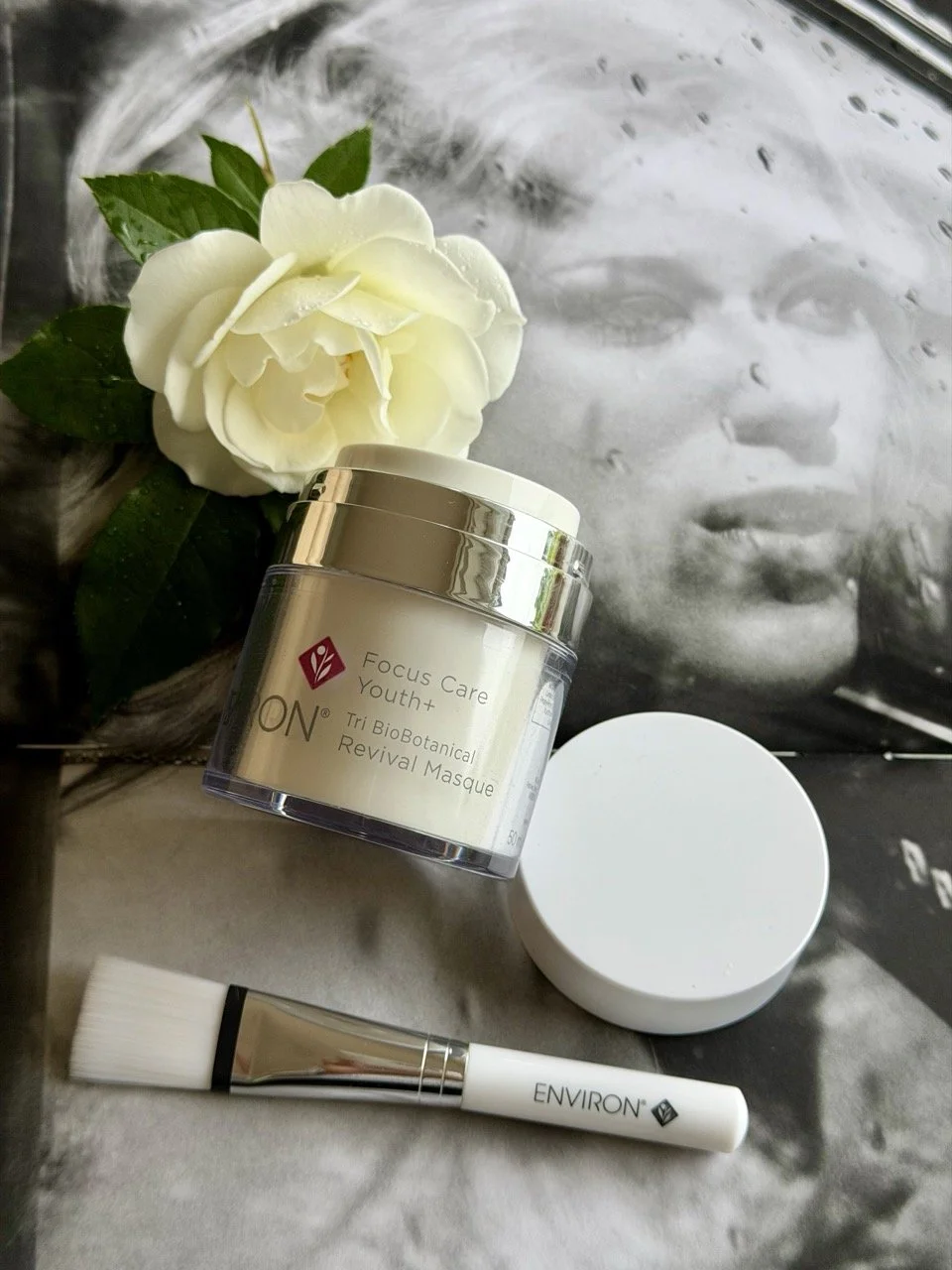



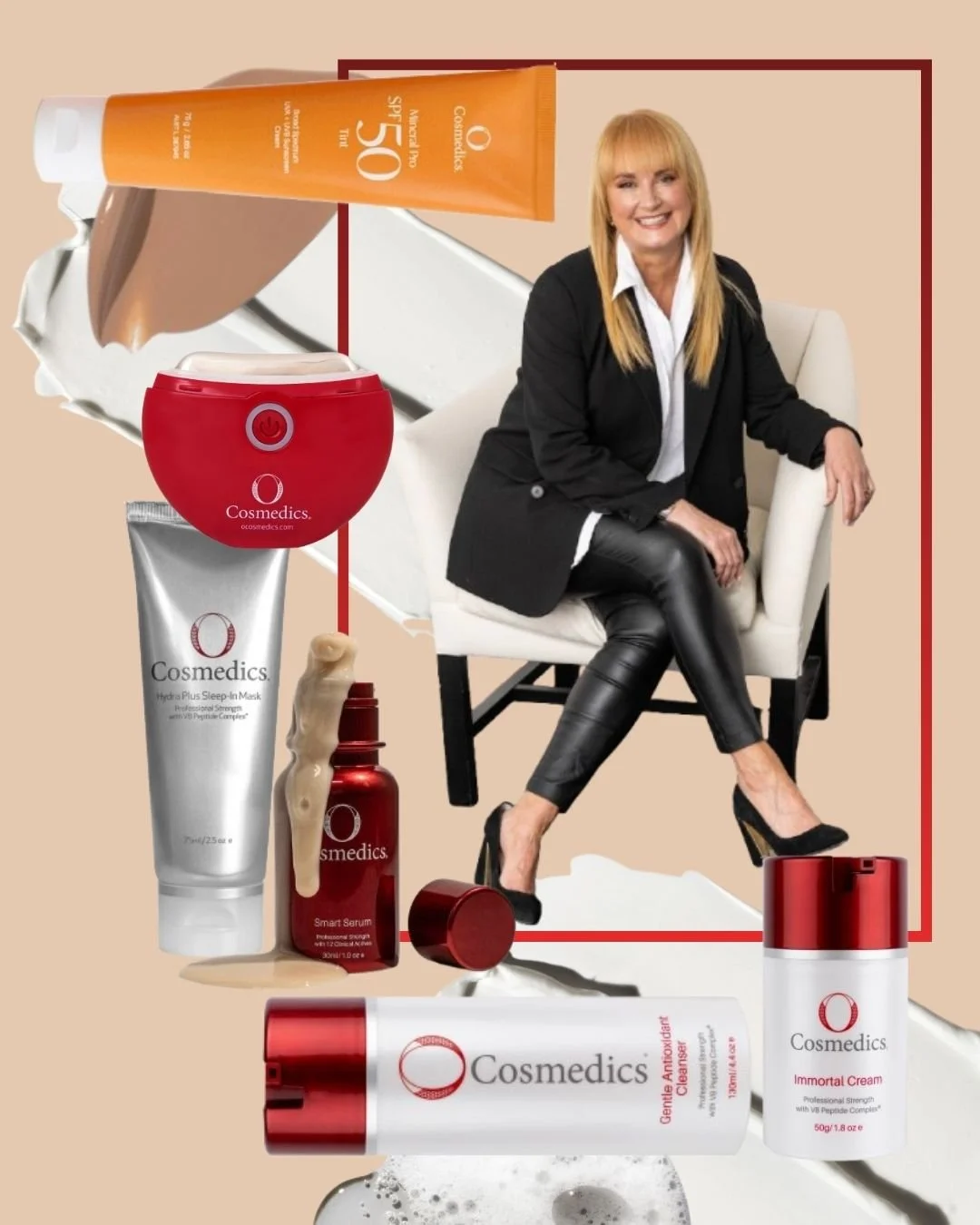

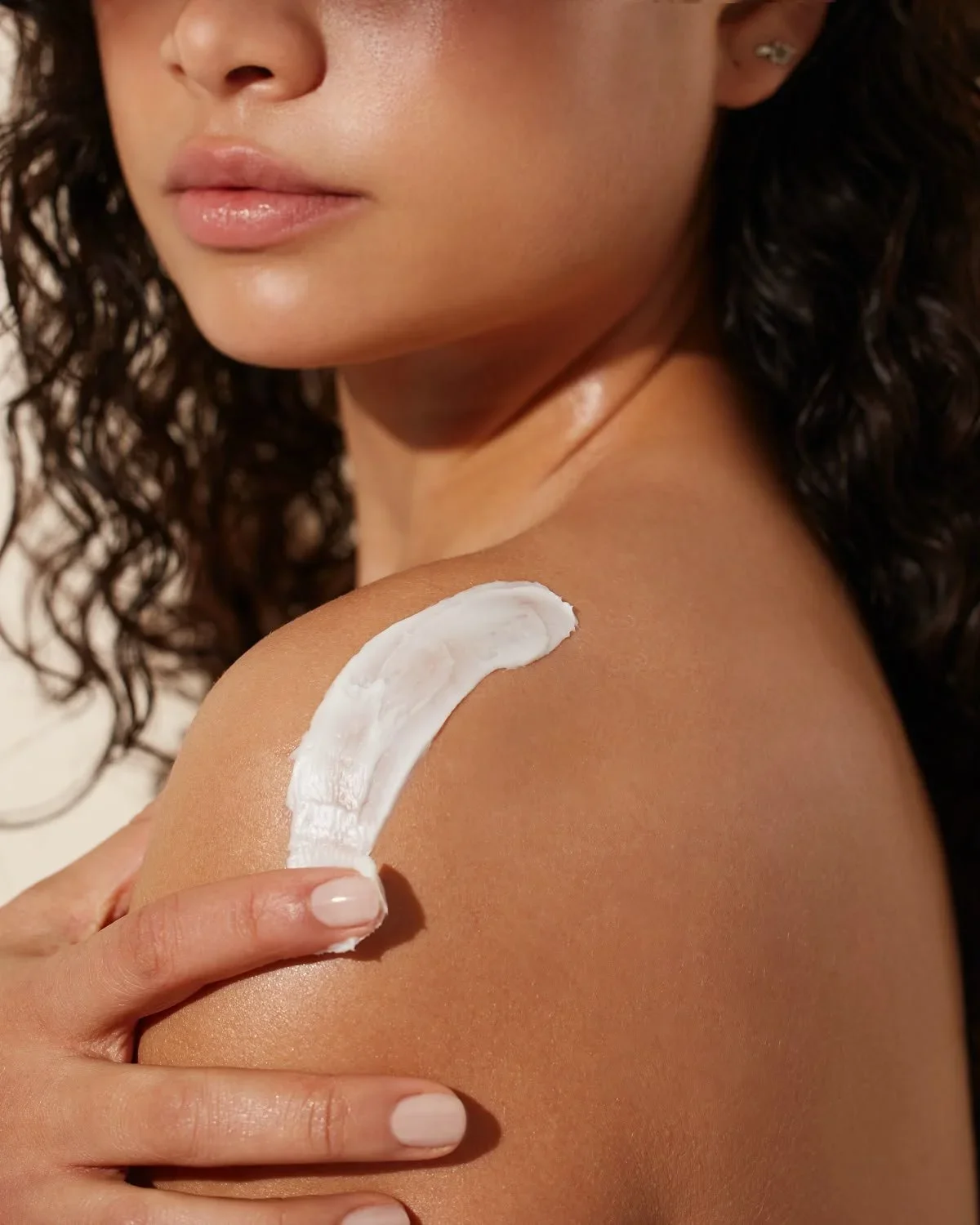
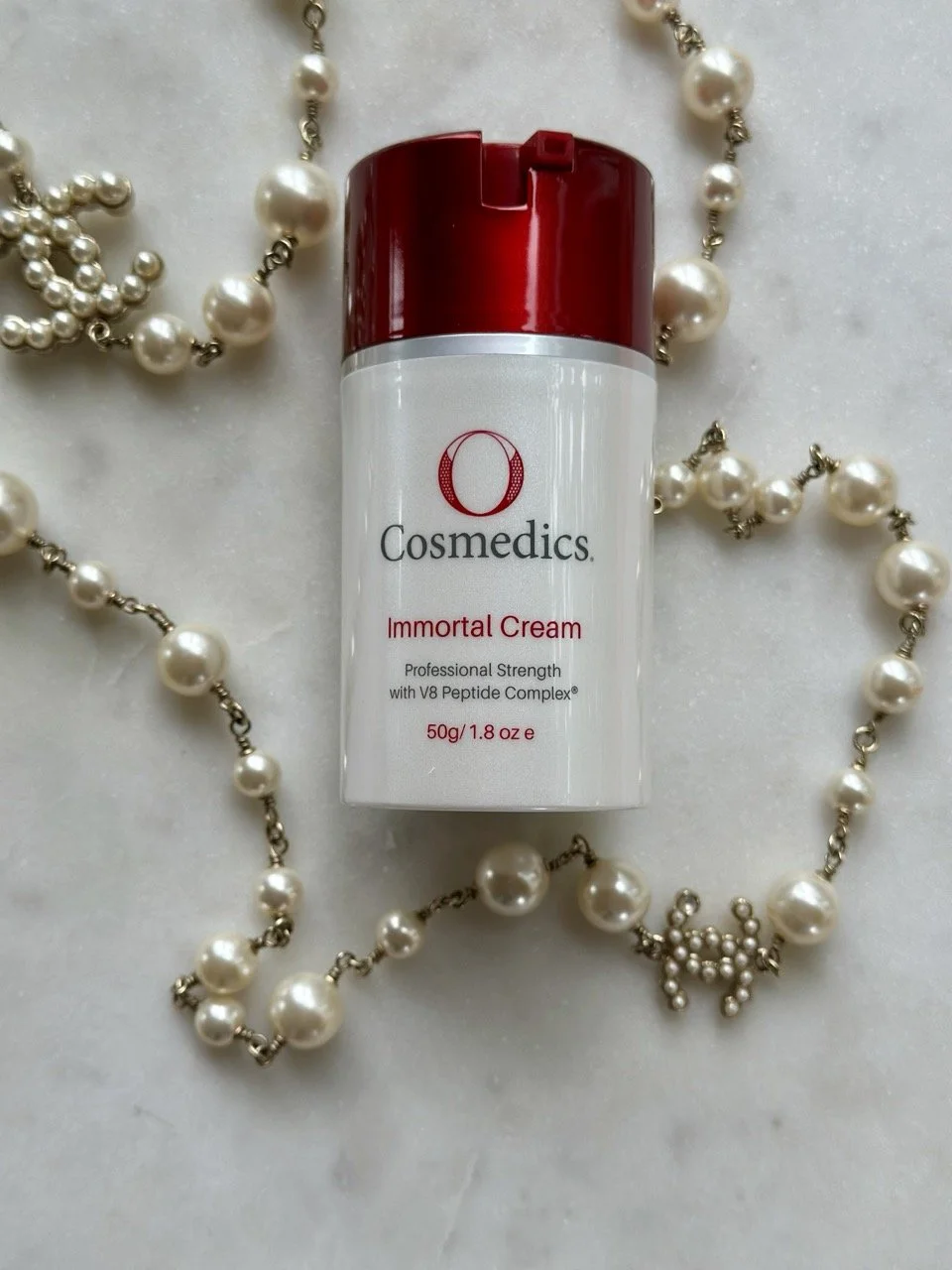
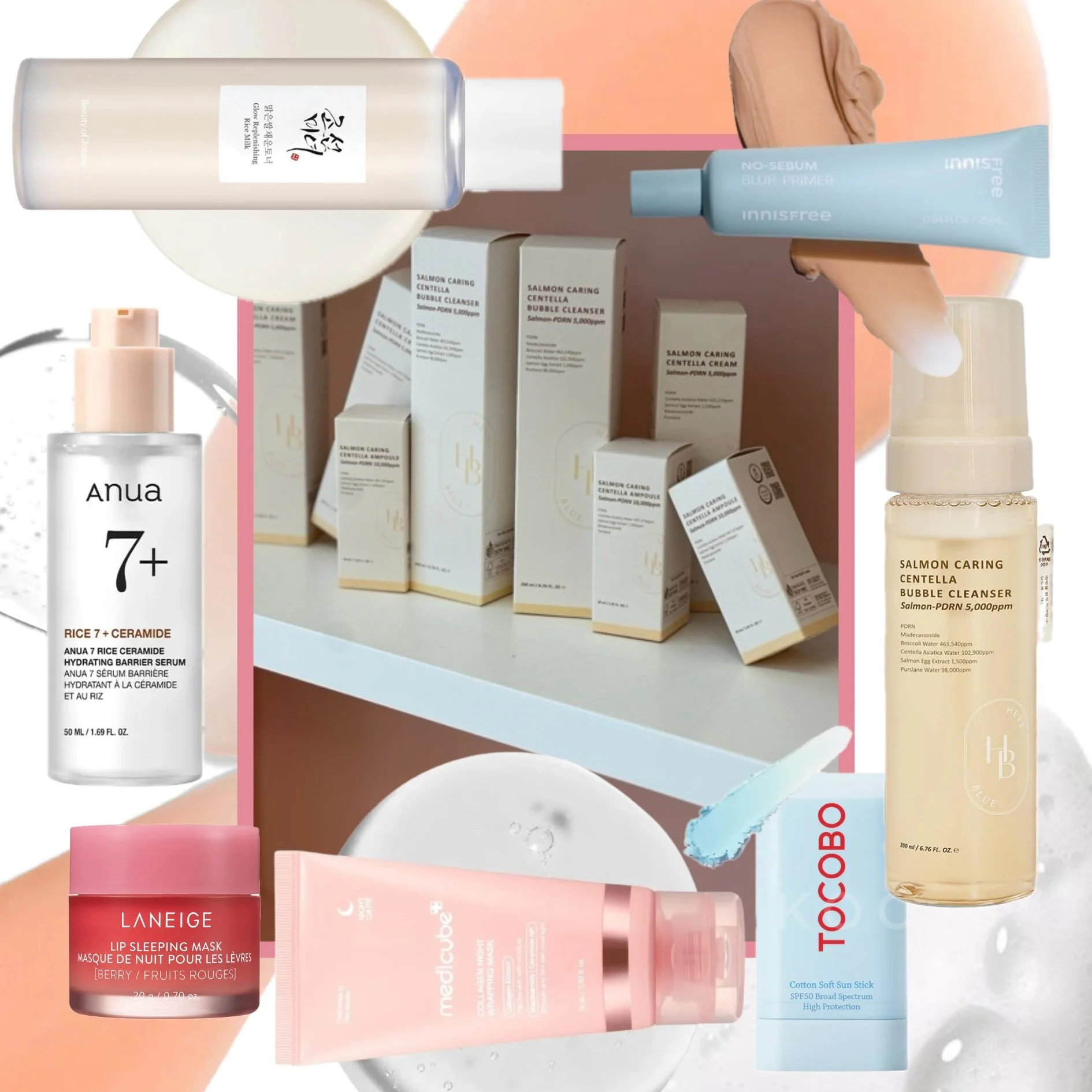

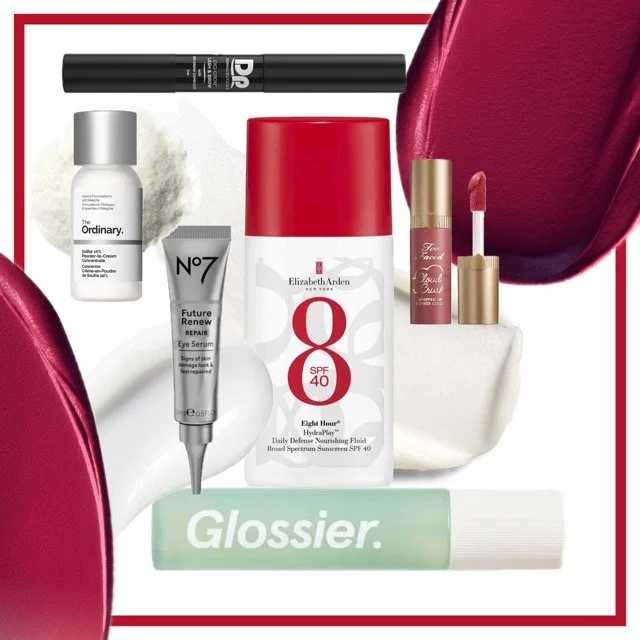

Meet the duo behind a skin membership destination in our capital city.